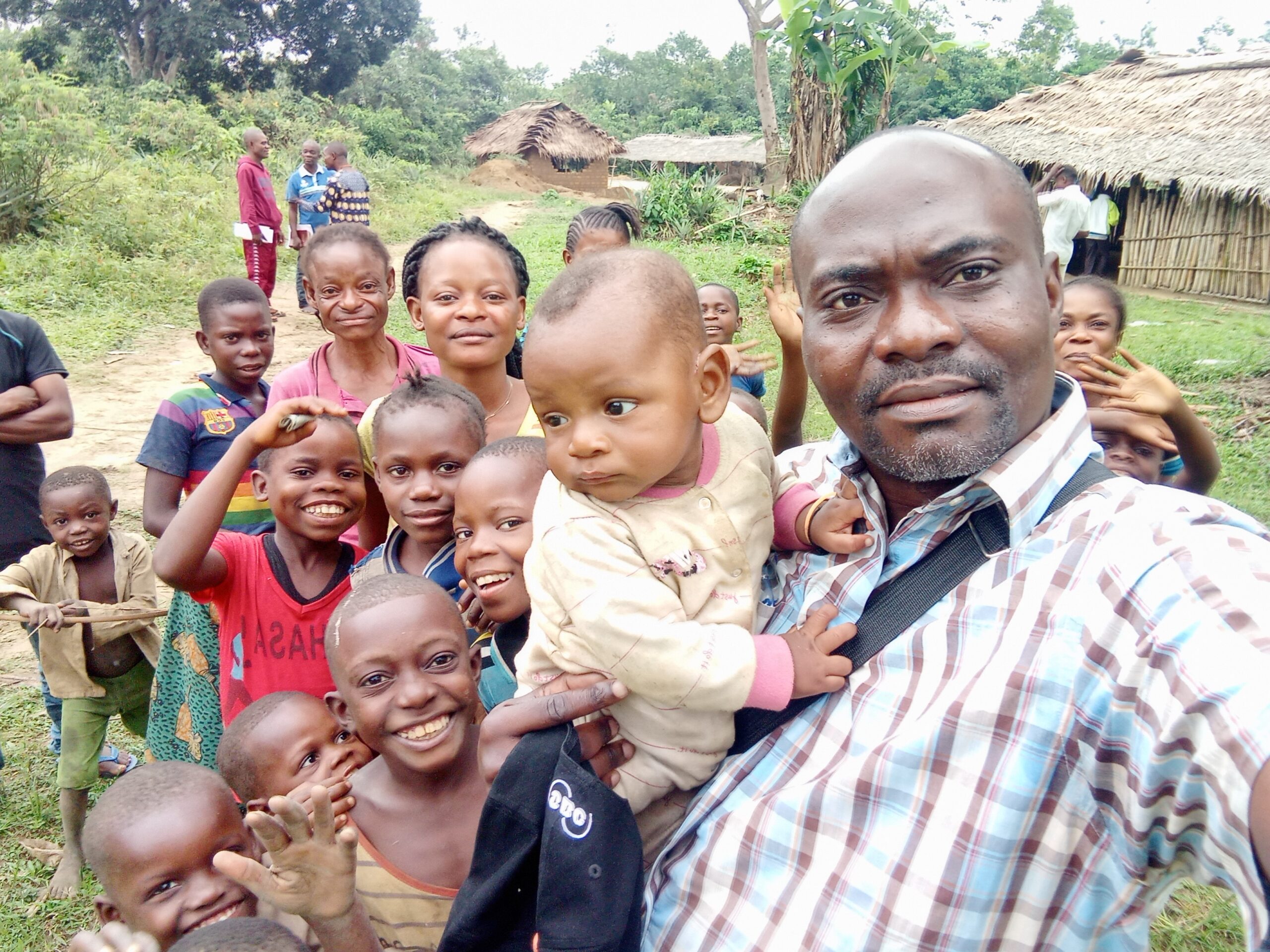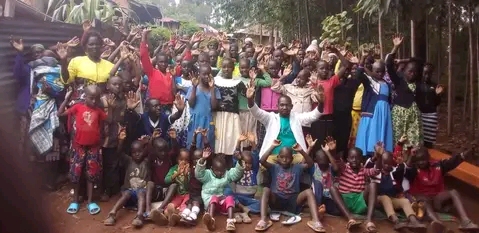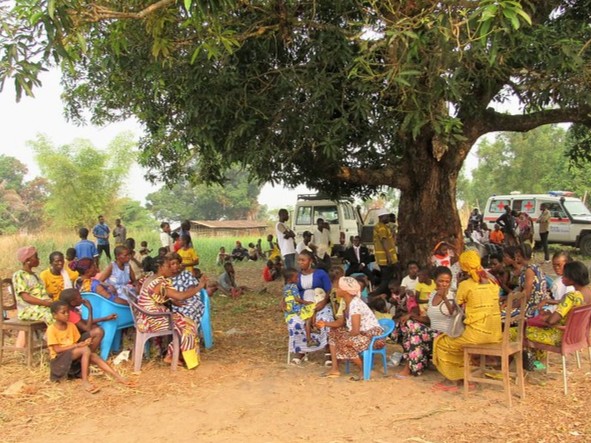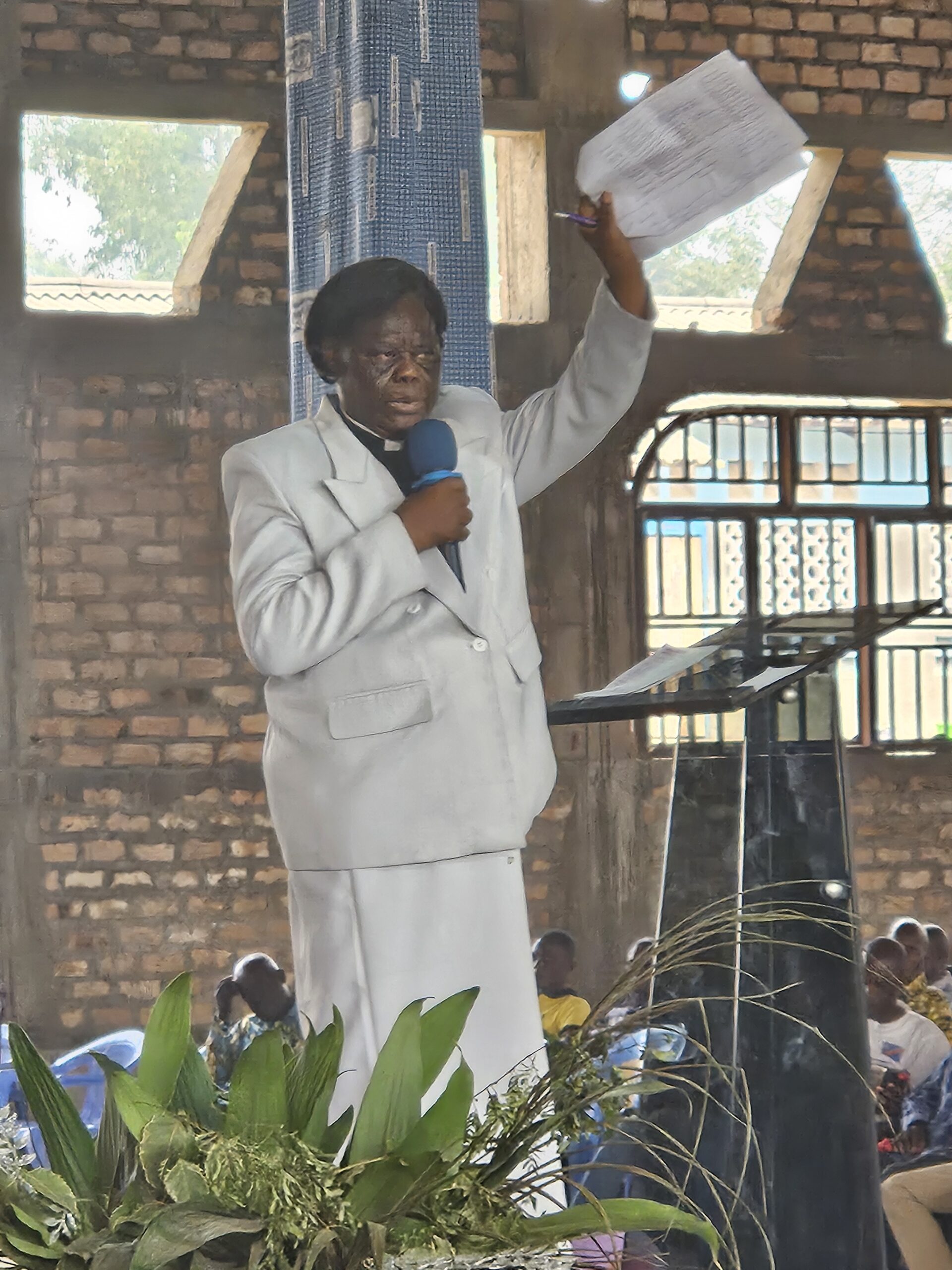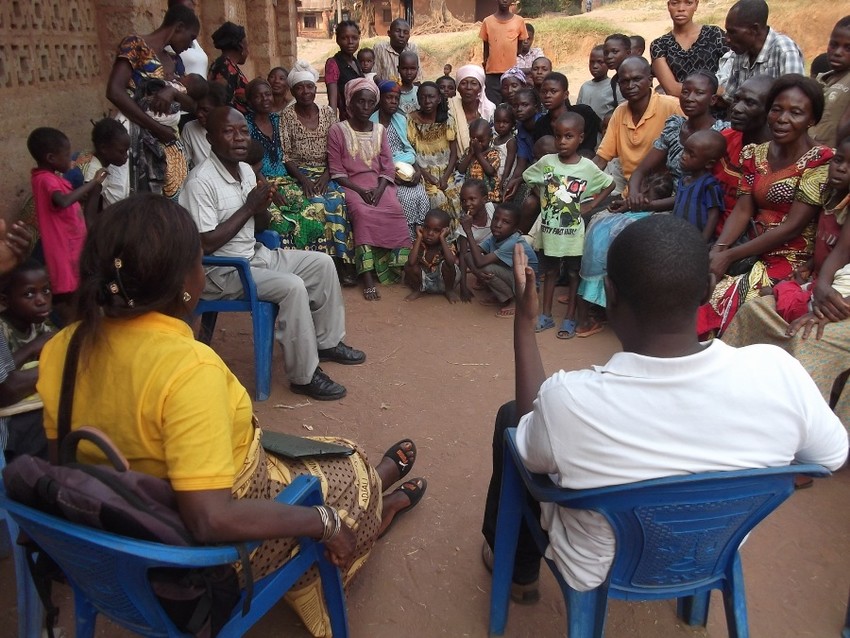-
Building peace between Bantu and Batwa
Alarming situation: discrimination and violence “We understand that God doesn’t discriminate,” says Nathan Mudiji, “but that before God, everyone must acknowledge their sin and do their best to repair the relationship broken because of sin.” In the DRC, the Batwa (an indigenous people mainly settled in the Equateur and Mai-Ndombe provinces), suffer discrimination and inhumane…
-
Collaborative Anabaptist response to DRC crisis
“We are deprived of the Bibles, water, soaps and even food,” writes a representative of the youth organization of a Mennonite Brethren church in Bukavu in the Democratic Republic of the Congo. “We are soliciting the accompaniment of your prayers and materials.” Mennonite World Conference has convened an inter-Anabaptist task force to respond to the…
-
A pastoral letter for Anabaptists in DR Congo
We received a request for prayer from our leaders in DR Congo. Pastor Jean-Pierre Muya, president of MWC member church Communauté Mennonite de Congo (CMCo), writes: “This is a difficult time in our country. Please continue to pray for the restoration of peace and for the injured.”
-
100 years of evangelism in DR Congo
“100 years of evangelism in Congo.” From 4-11 August 2024, Communauté des Églises des Frères Mennonites au Congo celebrated the 100th anniversary of their national church. The celebration in Kikwit – delayed by two years due to the pandemic – included preaching, singing, choir performances, a pastor’s conference and evangelism rally and ecumenical and international…
-
Anabaptists respond to violence and displacement in DR Congo
Akron, Pennsylvania, USA – A collaborative Anabaptist response will soon reach some of the 1.4 million people displaced by armed conflict in the Kasai region of the Democratic Republic of the Congo (DR Congo) with food, household items and shelter supplies. The response, shaped and implemented by Congolese Mennonite and Mennonite Brethren church-based relief committees…
